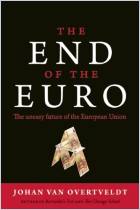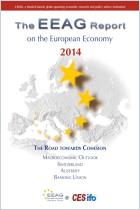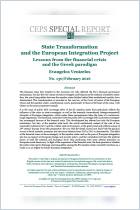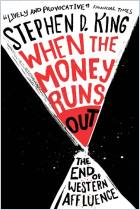
The Tragedy of the European Union
Disintegration or Revival?
ISBN: 9781610394215
Pages: 173
Recommendation
Ever since George Soros – a liberal hedge fund billionaire – famously sold the British pound short, even before 1992’s devaluation, he has commanded attention when he anticipates changes in monetary policies, currency markets, economic trends and politics. Soros discusses the European Union’s potentially uncertain future in this question-and-answer-format interview book. Soros calls the Maastricht Treaty, which established the euro, the “tragedy of Europe,” because it relegated “debtors to the status of Third World countries.” He calls for better leadership from Germany and sees Chancellor Angela Merkel as both a “disappointment” and a figure of hope for the future. A child survivor of the Nazi occupation of Hungary, Soros believes “normal rules” don’t apply in “exceptional times,” and that passive compliance is dangerous. Gregor Peter Schmitz, Der Spiegel’s European correspondent, interviewed Soros and elicited his candid views. Schmitz’s grasp of the euro crisis and his interviewing mastery shine through his introduction, commentary and compilation of Soros’s frank and frankly one-sided opinions. While always politically neutral, getAbstract suggests Soros’s intriguing insights into Europe’s economic and political challenges to interested onlookers of all persuasions.
Summary
About the Authors
George Soros is chairman of Soros Fund Management and founder of a network of foundations that supports open societies. Gregor Peter Schmitz is the Europe correspondent for Der Spiegel.






















Comment on this summary